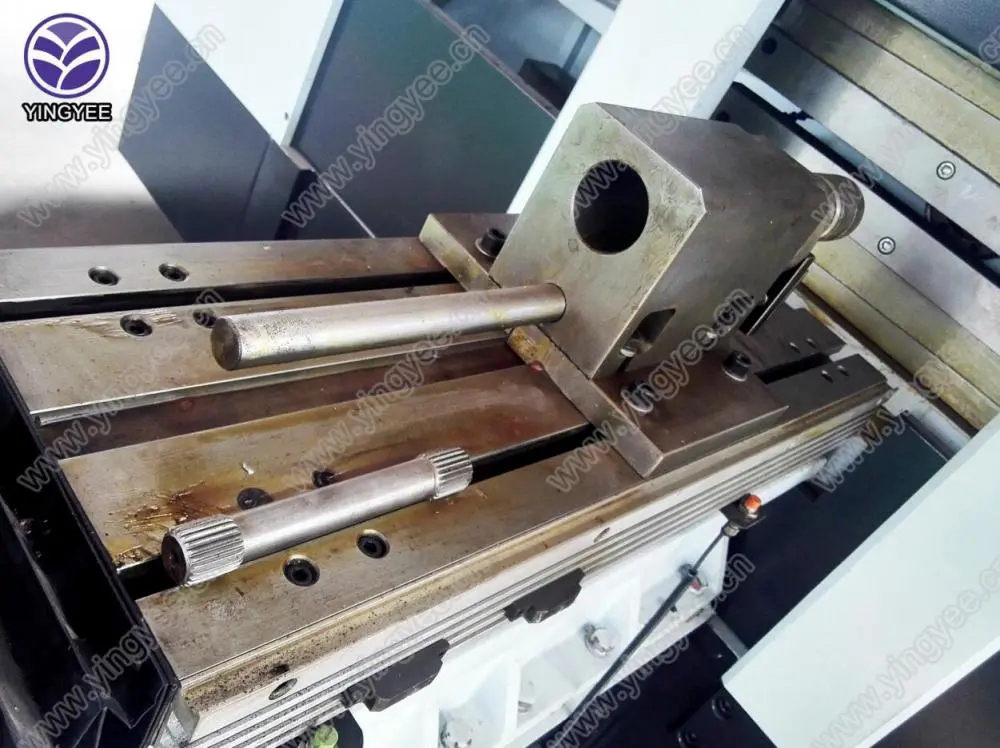
Understanding Drywall Stud Roll Forming Machines
In the construction and building industry, efficiency and precision are paramount. One key innovation that has transformed the manufacturing of drywall components is the drywall stud roll forming machine. This machinery is designed to produce metal studs and tracks that are essential for constructing interior walls, ceilings, and partitions. Understanding the mechanics and benefits of drywall stud roll forming machines can significantly enhance productivity while ensuring structural integrity.
What is a Drywall Stud Roll Forming Machine?
A drywall stud roll forming machine is a specialized piece of equipment that turns metal coils into formed shapes suitable for drywall construction. These shapes are primarily steel studs and tracks that provide the framework for drywall installations. The process involves feeding metal coil into the machine, which then shapes it through a series of rollers into the desired profile. The result is precise, consistent, and high-quality studs and tracks that meet industry standards.
The Process of Roll Forming
The roll forming process begins with a metal coil, usually made of galvanized steel for its durability and resistance to corrosion. The machine unrolls the metal, and as it passes through a series of rollers, it is gradually bent into the desired shape. This method allows for continuous production and can create lengthy sections of studs that can later be cut to size.
One of the key benefits of a roll forming machine is its ability to produce high volumes of product with minimal waste. Unlike other manufacturing processes, roll forming provides a near-net shape where little material is lost during the shaping process. This efficiency translates into lower production costs and less environmental impact, making it a sustainable choice for manufacturers.
Advantages of Using a Drywall Stud Roll Forming Machine

1. Efficiency and Speed Drywall stud roll forming machines can produce studs and tracks at a rapid pace, significantly reducing the time needed for construction projects. Their continuous operation allows for large batches of materials to be produced without interruption.
2. Precision and Uniformity These machines ensure that every stud and track is manufactured to the exact specifications required. This uniformity is crucial in construction, as it guarantees that all components fit together seamlessly, which is essential for the structural integrity of the walls being built.
3. Versatility Many drywall stud roll forming machines can be customized to produce different shapes and sizes of studs and tracks, allowing manufacturers to meet a wide range of customer specifications. This versatility makes them suitable for various applications, from residential buildings to commercial structures.
4. Cost-Effectiveness While the initial investment in a roll forming machine may be significant, the long-term savings due to reduced labor costs, material waste, and increased production efficiency often outweigh this expense. Additionally, the durability of metal studs reduces maintenance costs over time.
5. Ease of Use Modern drywall stud roll forming machines are often equipped with advanced technology, including control systems that allow for easy operation and monitoring. This user-friendly design helps to reduce the learning curve for new operators and ensures consistent quality throughout the production process.
Conclusion
In conclusion, drywall stud roll forming machines play a vital role in the construction industry by streamlining the production of essential components for drywall installation. Their ability to produce high-quality, uniform studs and tracks quickly and efficiently makes them invaluable assets for manufacturers. As the demand for affordable and efficient building methods continues to grow, the importance of such machinery will only increase, solidifying the role of drywall stud roll forming machines as a cornerstone of modern construction. Embracing this technology can lead to faster project completion times and ultimately contribute to the success and profitability of construction companies worldwide.